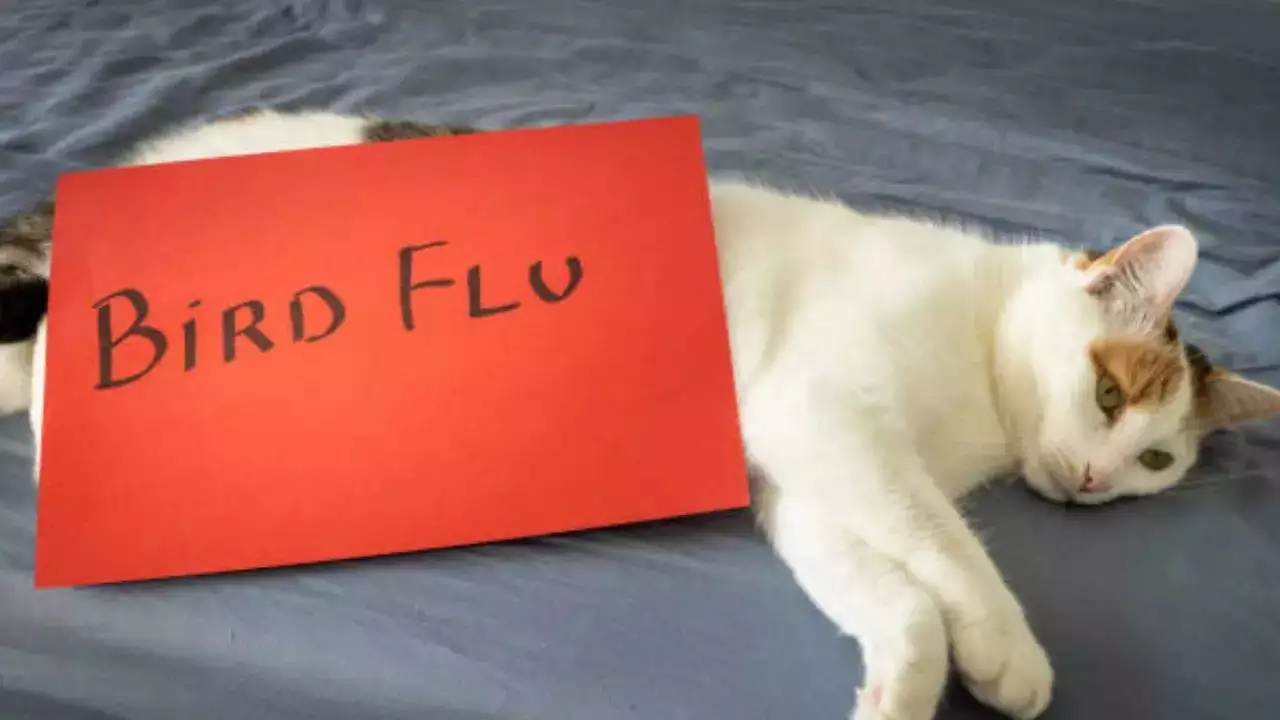
Bird Flu In Cats? Popular Pet Food Brand Issues Emergency Recall (Image Credits: iStock)
A nationwide pet food recall has been initiated after a cat in Oregon died of bird flu, a highly contagious illness linked to contaminated pet food. The incident has raised concerns about the susceptibility of domestic pets, particularly cats, to avian influenza.
The recall involves Northwest Naturals’ Feline Turkey Recipe raw frozen pet food, with sell-by dates between May 21, 2026, and June 23, 2026. Tests confirmed that the batch was contaminated with highly pathogenic avian influenza (HPAI), known as bird flu. Consumers are advised to discard the affected product and contact Northwest Naturals at 866-637-1872 for a refund.
Cat’s Death Linked to Contaminated Food
State officials confirmed that the cat in question was an indoor pet, ruling out environmental exposure to the virus. Genome sequencing revealed that the virus found in the raw pet food was identical to the strain detected in the infected cat.
“This cat was strictly an indoor cat; it was not exposed to the virus in its environment,” said Oregon State Veterinarian Dr. Ryan Scholz. He emphasized that the contamination source was the pet food itself.
The Centers for Disease Control and Prevention (CDC) and state health officials are closely monitoring the household for symptoms of bird flu. While no human cases have been reported in Oregon, the CDC recently identified the first severe human case of H5N1 bird flu in the U.S. The individual, hospitalized in Louisiana, was potentially exposed through a backyard flock.
Symptoms of Bird Flu
Bird flu primarily affects birds but can infect mammals, including cats and humans, under certain conditions. Symptoms in cats include:
- Difficulty breathing
- Lethargy
- Decreased appetite
- Fever
- Nasal discharge
- Seizures (in severe cases)
In humans, symptoms can range from mild to severe, including:
- Fever
- Cough
- Sore throat
- Muscle aches
- Eye infections
- Difficulty breathing (in severe cases)
Immediate veterinary or medical attention is crucial if symptoms are observed.
Concerns About Cats as Carriers
A recent study highlighted concerns that cats could act as carriers of bird flu. They can become infected through contaminated food or contact with infected birds. This underscores the importance of vigilance in pet care and monitoring.
Preventive Measures
To protect both pets and humans from bird flu, experts recommend the following:
- Avoid Raw Pet Food: Opt for cooked pet food to minimize the risk of infection.
- Practice Hygiene: Wash hands thoroughly after handling pet food or cleaning feeding areas.
- Supervise Pets Outdoors: Prevent contact with wild birds or their droppings.
- Regular Veterinary Checkups: Ensure pets are in good health and receive prompt attention for any unusual symptoms.
- Proper Disposal: Discard recalled products safely to prevent exposure to other animals.
Industry and Public Health Response
The recall follows increased surveillance of bird flu cases among domestic animals. Authorities are urging consumers to remain vigilant about their pets' health and report any suspected cases to local veterinarians or health departments.
Get Latest News Live on Times Now along with Breaking News and Top Headlines from Health and around the world.
